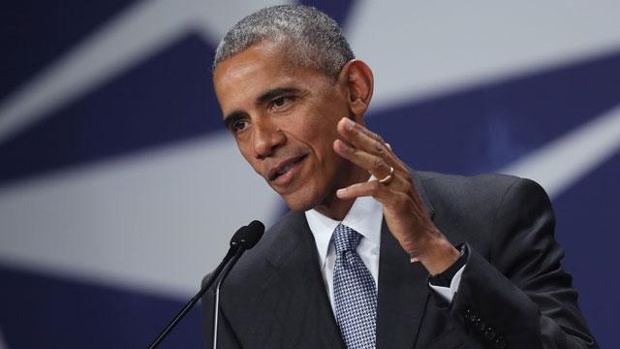-
Tips for becoming a good boxer - November 6, 2020
-
7 expert tips for making your hens night a memorable one - November 6, 2020
-
5 reasons to host your Christmas party on a cruise boat - November 6, 2020
-
What to do when you’re charged with a crime - November 6, 2020
-
Should you get one or multiple dogs? Here’s all you need to know - November 3, 2020
-
A Guide: How to Build Your Very Own Magic Mirror - February 14, 2019
-
Our Top Inspirational Baseball Stars - November 24, 2018
-
Five Tech Tools That Will Help You Turn Your Blog into a Business - November 24, 2018
-
How to Indulge on Vacation without Expanding Your Waist - November 9, 2018
-
5 Strategies for Businesses to Appeal to Today’s Increasingly Mobile-Crazed Customers - November 9, 2018
Failed Rocket Was Carrying Facebook Satellite To Give Africa The Internet
The accidental explosion of the Falcon 9 rocket early on Thursday morning – referred to as an “anomaly” by SpaceX engineers – destroyed both the rocket and its cargo: the AMOS-6 satellite, which Facebook had planned to deploy to provide internet coverage to parts of Africa.
Advertisement
Facebook and Eutelsat agreed to pay $95 million over as many as five years to Israeli company Spacecom, which owned the satellite. Zuckerberg is travelling all over Africa at present and would have wanted to mark the occasion of the launch of his satellite into orbit as it would have happened on Saturday.
The Falcon 9 rocket costs about $60 million, and Facebook’s AMOS-6 cost about$200 million.
As we reported yesterday, the Falcon 9 blew up during a pre-launch static fire test, destroying the vehicle and its Amos-6 satellite payload.
Found mistakes in this report?
At this point, we don’t know whether the explosion stemmed from any sort of negligence on the part of SpaceX or anyone else, or whether it was simply the kind of thing that inevitably happens in the spaceflight business, because the spaceflight business is exceedingly hard.
Facebook CEO Mark Zuckerberg addressed the incident in a post, noting he was “deeply disappointed” by the news.
The explosion, which caused no injuries, came just shy of one year after Facebook announced it was partnering with French satellite firm Eutelsat Communications.
However, pointing other efforts in the works to spread Internet connectivity around the globe, such as a fleet of Facebook-built drones, Zuckerberg said, “Fortunately, we have developed other technologies like Aquila that will connect people as well”.
He says that they will remain true to their mission of connecting all people the world over and will continue working until everyone can benefit from the opportunities the satellite would have provided to them.
In April, the social networking giant Facebook unveiled two initiatives to improve internet services for the rural population in the developing countries, including India.
It was meant to provide transmissions for sub-Saharan Africa as part of Zuckerberg’s controversial Internet.org project.
Advertisement
Facebook had 84 million users in Sub-Saharan Africa at the end of July, compared with 1.7 billion worldwide. They are living in areas where it’s challenging and costly to use existing network technologies.




























